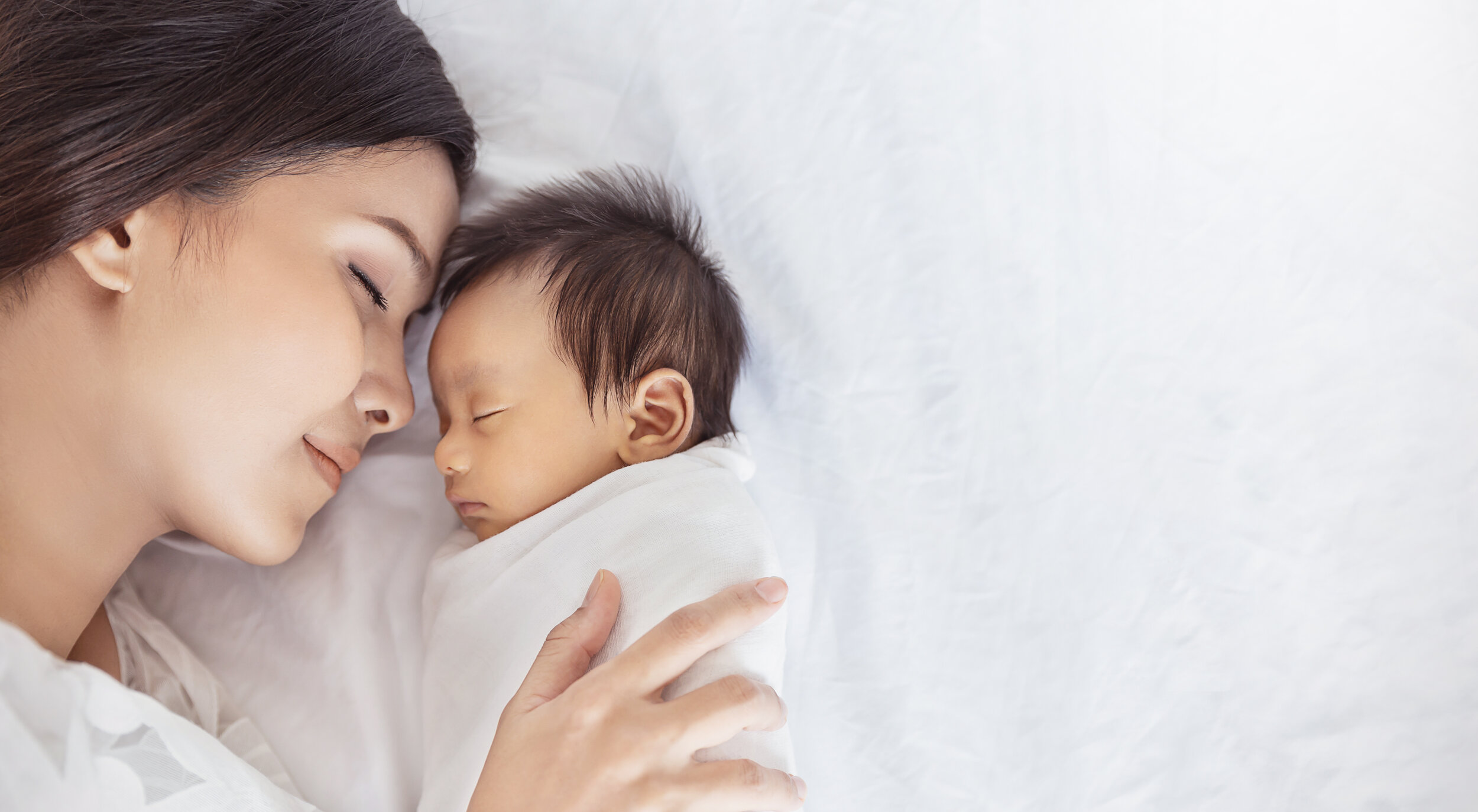What do we know about Covid-19 vaccinations in pregnancy?
Author: Dr Wendy Burton, Australian GP, MBBS, FRACGP (Hon)
Quite a lot now (January 10, 2023) and there are no emerging safety signals
Researchers never include those who are pregnant or breastfeeding in their initial studies, however 201 075 pregnant women who have had the vaccine have registered with V- safe After Vaccination Health Checker and 23,779 are in the COVID-19 Vaccine Pregnancy Registry, which allows the USA’s Centre for Disease Control to closely monitor their progress
There have been concerns raised on Social Media about vaccination impacting upon fertility, however this has been investigated and is simply not true - detailed information is available in a short video
The risk of miscarriage has been studied and having the vaccine neither helps nor harms
The Australian Technical Advisory Group on Immunisation and the Royal Australian and New Zealand College of Obstetricians and Gynaecologists (RANZCOG) issued a joint statement in June 2021, recommending vaccination. RANZCOG has further information and advice available, as do the Australian College of Midwives
US data, including Delta strains, shows that “Compared with vaccinated adults, those who were not fully vaccinated were 4.5 times as likely to become infected, 10 times as likely to be hospitalized and 11 times as likely to die of Covid.”
What are the risks of COVID-19 in pregnancy?
If you get sick with COVID-19 while pregnant, you have a higher risk of certain complications compared to someone with COVID-19 who was the same age as you but not pregnant, including:
An increased risk (about 5 times higher) of needing admission to hospital
An increased risk (about 2-3 times higher) of needing admission to an intensive
care unitAn increased risk (about 3 times higher) of needing invasive ventilation (breathing
life support)
COVID-19 during pregnancy also increases the risk of complications for the baby, including
A slightly increased risk (about 1.5 times higher) of being born prematurely (before 37 weeks of pregnancy)
An increased risk (about 3 times higher) of needing admission to a hospital newborn care unit
Some who are pregnant are more likely to have severe illness from COVID-19 compared to those who are pregnant without these conditions. The conditions are:
Being older than 35 years
Being overweight or obese (body mass index above 30 kg/m2)
Having pre-existing (pre-pregnancy) high blood pressure
Having pre-existing (pre-pregnancy) diabetes (type 1 or type 2)
Immunising during pregnancy helps to protect your baby/babies
The antibodies you produce to protect you from Covid, transfer via the placenta and breastmilk to protect your baby
This is also how influenza and whooping cough vaccines in pregnancy help stop newborn babies getting sick and dying from these infections
Protecting babies in their early months of life using mum’s immune system is very clever
As always, we will continue to monitor for safety, but given the risk from the virus itself, having the vaccine is much safer for you and for baby, both during pregnancy or while breastfeeding
USA research into reactions to the mRNA vaccines (Pfizer and Moderna) has shown that the side effects of these vaccines are the same whether you are pregnant or breastfeeding or not
Unsure?
Please review the following Australian resource: Shared decision making guide for women who are pregnant, breastfeeding or planning pregnancy and talk to your midwife and/or doctor
Here are a few extra links to help. We know it's not always an easy decision. That's okay:
What are mRNA vaccines - how do they work?
Video of Dr Danny Tucker (Queensland Obstetrician/Gynaecologist) talking about Covid-19 in pregnancy and vaccinations in more detail
https://ourmotherhood.com/blog/covid-pregnancy
Pregnancies, periods, fertility and COVID-19 vaccines: what you need to know
We still want to know more
Information and advice from the Royal Australian and New Zealand College of Obstetrics and Gynaecology is available here
Disclaimer: This is not individual medical advice. Please follow your local, state or national guidelines and talk to your GP about your particular situation and healthcare needs


